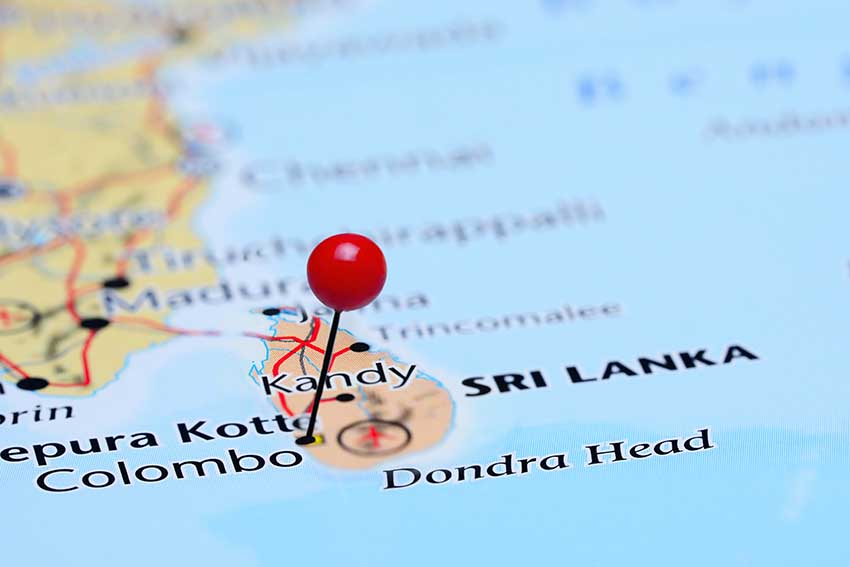The terror attacks targeted well-known, high-end hotels during Sri Lanka’s holiday season and churches as congregations took part in Easter Sunday services. Hotels hit include the five-star Shangri-La, Kingsbury and Cinnamon Grand in Colombo.
The Sri Lankan government has accused local Jihadist group National Thowheed Jamath of carrying out the attacks and 24 arrests have been made.
However, Islamic State claimed it was behind the attacks through its own news agency on Tuesday (April 23).
Six initial blasts were followed by a further two attacks, with a ninth understood to have been foiled near the country’s main airport.
A state of emergency came into effect at midnight local time on Monday.
The Sri Lankan government declared a curfew and shut down social media and instant messaging services across the country. Sri Lankan Airlines issued a statement to say those flying from Bandaranike International airport could still travel during the curfew but would need to produce air tickets and passports for security checks.
Abta urged British travellers to the country to follow latest travel advice from the Foreign and Commonwealth Office.
“The airport is still operating but there are increased security to measures in place,” Abta said.
“Some airlines are advising travellers to arrive early for check-in in order to allow time for security screening.
“There is a national curfew in place, but passengers are still able to travel to the airport, providing you have both a passport and ticket valid for travel that day.”
Customers due to travel to Sri Lanka imminently are also advised to check the FCO advice for updates.
“While the Foreign Office hasn’t put any travel restrictions to Sri Lanka in place, meaning normal booking conditions would apply if customers no longer wish to travel, travel companies’ policies will vary, depending on specific circumstances,” Abta added.
“Some Abta members are offering customers who are due to travel imminently the opportunity to change their booking, should they wish to do so. Travellers should contact their travel company to discuss their cancellation policies, and the options available.
“If you have booked all of your travel arrangements separately and you no longer wish to travel, you should speak to the individual companies about their cancellation policies.”
Latest FCO travel advice issued yesterday said: “Security has been stepped up across the island and there are ongoing security operations. These may continue for a number of days and the situation remains dynamic.
“The airport is operating, but with increased security checks and long queues for taxi pick-ups. Some airlines are advising their passengers to arrive early for check-in, in light of increased security screening. You should check with your airline about suggested check-in times.
“The Sri Lankan authorities have confirmed that, if you need to catch a flight from Colombo airport, you are able to travel to the airport provided you have both passport and ticket valid for travel that day. They have also confirmed that arrangements have been put in place for arriving passengers.”
Britons directly affected by the attacks should “call the British High Commission in Colombo: +94 11 5390639, and select the emergency option from where you will be connected to one of our consular staff.”
The attacks were immediately condemned by international leaders and members of the UK travel industry, some of whom took to social media to provide updates on their customers and staff.
Tourist numbers hit a record of more than two million last year. The Sri Lanka Tourism Development Authority had hoped to see the level double by 2020.
Sri Lanka was due to mark ten years since the defeat of the separatist group Liberation Tigers of Tamil Eelam (LTTE) at the end of next month. Civil war between government armed forces and the militant group lasted 25 years and ended in 2009.

